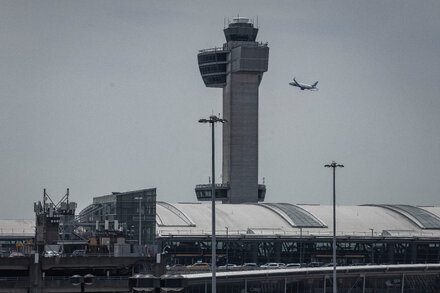ANCHORAGE, Alaska – A legal battle centered on a six-pack of beer has escalated to the nation’s highest court, pitting an Alaskan pilot against the state over the seizure of his $95,000 aircraft. The case, which has drawn national attention, concerns a state law prohibiting the transport of alcohol into specific “dry” communities.
The incident at the heart of the dispute occurred when authorities in a remote Alaskan village seized a single-engine plane after discovering a six-pack of beer among its cargo. The pilot, whose identity has not been publicly released in full, reportedly flew the craft into a community designated as “dry” under state law, where the sale and possession of alcohol are strictly prohibited.
The Seizure and Legal Challenge
The seizure of the aircraft, valued at approximately $95,000, quickly sparked controversy due to the stark disproportion between the value of the confiscated property and the nature of the alleged infraction. Critics argue that the forfeiture represents an excessive penalty for a minor offense.
Attorneys representing the pilot have challenged the seizure, arguing it violates constitutional protections against excessive fines and unlawful forfeiture. “This is a clear overreach by the state,” stated a representative for the pilot’s legal team during an earlier court proceeding. “To seize an individual’s livelihood – a plane essential for transport in rural Alaska – over a few cans of beer sets a dangerous precedent for property rights and due process.”
The State of Alaska, however, maintains that the seizure was a legitimate enforcement of laws designed to combat severe alcohol-related issues in vulnerable communities. Many rural Alaskan villages have opted for “dry” status to address high rates of addiction, violence, and other social problems linked to alcohol abuse.
“Our laws are in place to protect the health and safety of our most remote and often most fragile communities,” a spokesperson for the Alaska Attorney General’s office commented. “While the value of the seized property may seem high, the deterrent effect and the commitment to upholding community-chosen restrictions are paramount.”
Broader Implications for Civil Forfeiture
The case has now reached the Supreme Court, which is expected to review arguments pertaining to the Eighth Amendment’s excessive fines clause and the broader application of civil forfeiture laws. Civil forfeiture allows law enforcement agencies to seize assets that are alleged to have been involved in criminal activity, even if the owner is not charged with a crime.
Advocates for civil liberties have long criticized such laws, arguing they are often abused and disproportionately affect individuals who may not be fully aware of specific local regulations, especially in unique legal landscapes like Alaska’s vast and varied regions. The outcome of this case could have significant implications for how states across the U.S. enforce forfeiture laws, particularly when minor infractions lead to the loss of substantial property.
As the nation awaits the Supreme Court’s decision, the “six-pack seizure” case underscores the complex balance between community protection, individual property rights, and the scope of government enforcement in the United States.
Source: Read the original article here.





